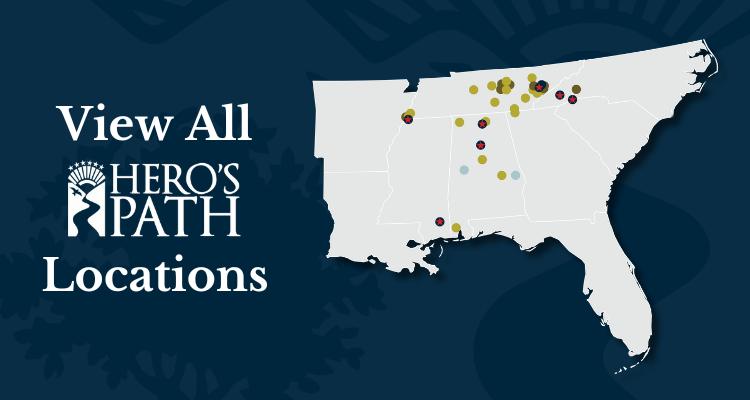Returning home from service poses its own set of challenges for veterans, and those who have battled addiction face an even more complex journey toward wellness. Building a sober, fulfilling life from addiction recovery is not just about abstaining from substances; it’s about cultivating a lifestyle that supports overall well-being and finding new, meaningful ways to cope with life’s stresses. For veterans embarking on this path, here are several wellness tips and lifestyle advice to aid your journey.
Prioritize Physical and Mental Health
Physical activity is a powerful tool in recovery. Exercise improves physical health and boosts mental well-being by reducing symptoms of anxiety and depression, enhancing mood, and alleviating stress. Activities don’t have to be strenuous; even regular walks, yoga, or team sports can provide significant benefits. Incorporating a balanced diet and sufficient sleep into your wellness plan is equally important, as they play critical roles in energy levels, mood regulation, and overall health.
Cultivate Mental Resilience
Just as crucial as physical health, mental well-being is integral to building a fulfilling, sober life. Addressing and nurturing your mental health can fortify your recovery journey, providing strength against the challenges that may arise. Regular therapy sessions can offer invaluable support through individual counseling, support groups, or treatment programs tailored for veterans. These therapeutic avenues create space to process experiences, develop coping strategies, and build resilience. Additionally, mindfulness and meditation can enhance mental clarity, promote emotional balance, and help maintain focus on the present moment. Prioritizing mental health care is a key component of a comprehensive approach to wellness and recovery, ensuring that both the body and mind are nurtured on the path to sobriety.
Embrace Lifelong Learning
Pursuing knowledge can be a profoundly rewarding aspect of building a sober life. Through formal education, online courses, or self-guided study, lifelong learning can stimulate the mind, provide a sense of accomplishment, and open new pathways for personal and professional development. The GI Bill and other education benefits offer veterans opportunities to pursue degrees or certifications that may have been deferred due to military service. Learning diverts attention from negative patterns and enriches your life, enhancing self-esteem and providing tools for better problem-solving and creativity.
Connect with Community
Isolation can be a significant trigger for relapse, making social connections an essential part of recovery. Building relationships with those who support your sobriety can provide encouragement and accountability. Many communities have support groups specifically for veterans in recovery, where shared experiences foster a unique understanding and camaraderie. Volunteering or participating in community events can also offer a sense of purpose and fulfillment, reinforcing your commitment to a sober lifestyle.
Foster Spiritual Wellness
For many veterans, nurturing spiritual wellness can be crucial in recovery and building a fulfilling life. Spirituality does not necessarily mean religion; it can involve any practice connecting you to a greater purpose or meaning in life. These practices might include meditation, time in nature, practicing gratitude, or participating in a faith community. Spiritual wellness can provide peace, resilience, and perspective, helping veterans navigate the highs and lows of recovery with grace and strength.
Find New Passions
Substance addiction often leaves little room for personal interests or hobbies. Recovery provides an opportunity to rediscover old passions or find new ones. Whether art, music, woodworking, or learning a new skill, engaging in hobbies can fill your time with productive, rewarding activities that enhance self-esteem and joy. These interests not only serve as healthy distractions from cravings but also contribute to a sense of identity beyond both military service and addiction.
Practice Financial Wellness
Financial stress can be a significant source of anxiety for anyone, particularly for veterans transitioning to civilian life. Developing a budget, seeking financial advice, and setting realistic goals can alleviate this stress. Financial wellness also involves making conscious decisions that support your sobriety, such as investing in hobbies, health, and experiences that enrich your life rather than substances that detract from it.
Living a Sober Life
Building a sober life after addiction is a journey that requires patience, effort, and a commitment to self-care. By integrating these wellness tips into your lifestyle, you can navigate the challenges of recovery with resilience and grace. The journey of recovery not only offers the chance to live without dependence on substances but also opens the door to a life filled with new opportunities, relationships, and personal growth. Veterans have already demonstrated remarkable strength and courage through their service, and these qualities continue to serve as a foundation for building a fulfilling, sober life.






